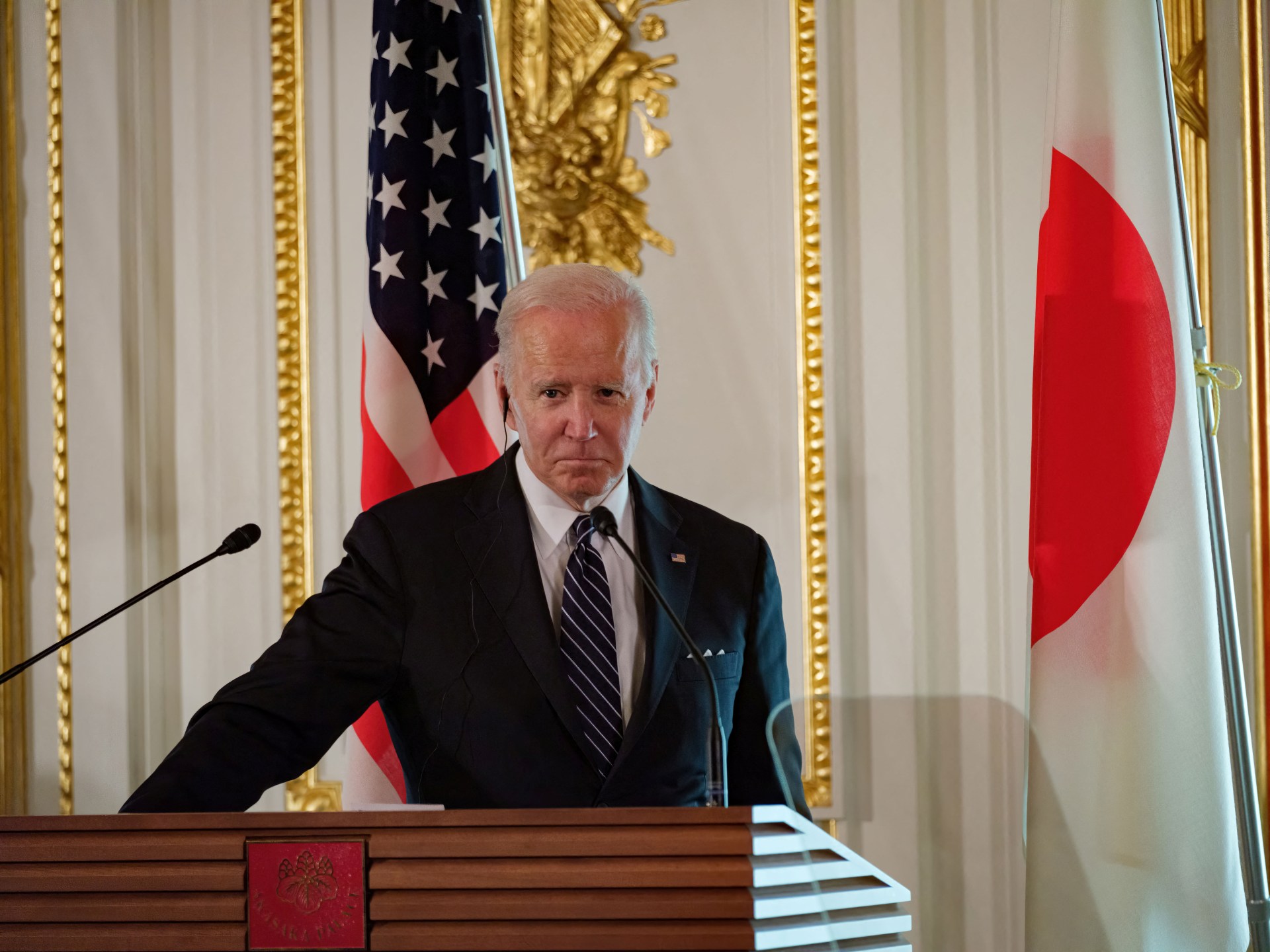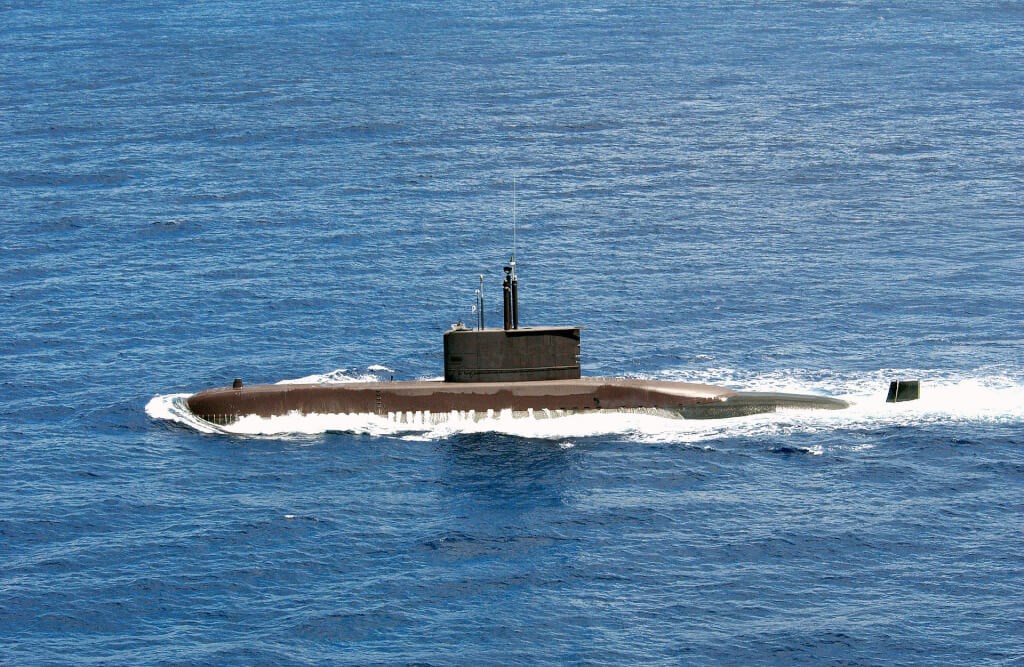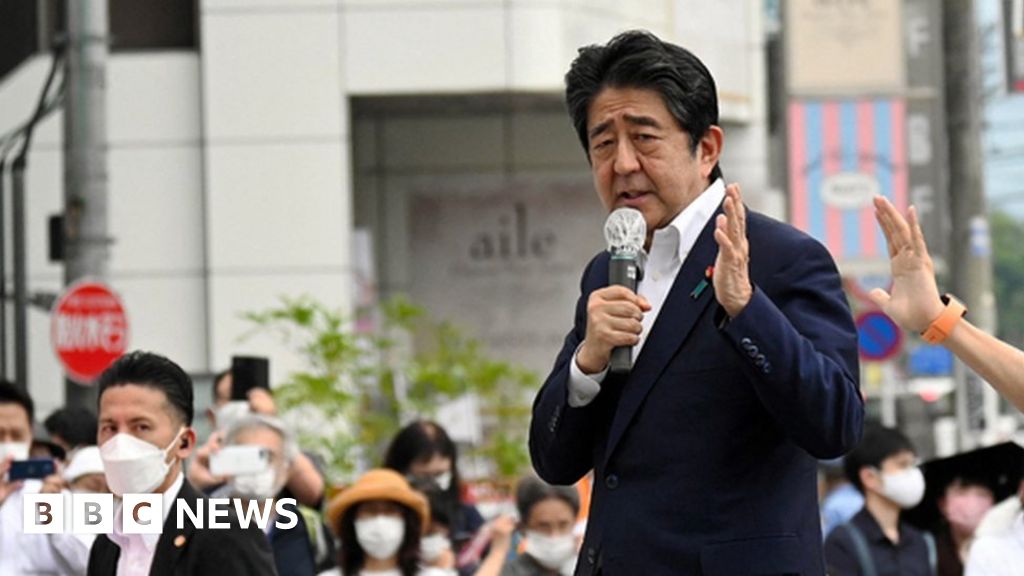Below is a partial translated extract of
Taiwanese news report on illegal activities in Korea. I have provided a link to Taiwan's CNA source article in Chinese (that cites a Chosun Ilbo exclusive on the arrests in Korea).
“…South Korea's Chosun Ilbo exclusively reported this morning that part of the submarine construction technology held by South Korea's Daewoo Shipbuilding & Marine Corporation was leaked to Taiwan International Shipbuilding Corporation.
Daewoo Shipbuilding & Marine Corp. is responsible for the production of major submarines, including the first 3,000-ton submarine of the South Korean Navy, and has mastered military technology protected by South Korean law.
The report pointed out that a total of three people from the three companies involved in the case were handed over to prosecutors for investigation in March, and one of them was detained on suspicion of going abroad with this part of the submarine design and handing it over to a Taiwanese company.
According to the investigation by the prosecution, the persons involved originally signed contracts with Taiwanese companies to participate in the construction of submarines, with a total contract value of 150 billion won (about NT$3.52 billion). By sending these employees to Taiwan to participate in the project to transfer technology, the police have now applied to the court to seize the estimated 7.9 billion won obtained by leaking the technology.
According to South Korea’s Joongang Daily, the Gyeongnam Police Department said today that it has charged Mr. B, director of South Korean company A, who was suspected of leaking the blueprints of South Korea’s Changho-class submarine to Taiwan Ships (CSBC), on suspicion of violating the Foreign Trade Act and the Unlawful Competition Prevention Act. He was detained and transferred to the prosecution. The company representative C who absconded was wanted.
In addition, representatives D and E of the two shipbuilding material companies that assisted Company A in committing the crime, a total of 5 persons were sent to the prosecution for investigation on the same charges.
The report pointed out that D, a representative of company A's cooperative manufacturer, obtained two types of submarine design drawings via email, and was suspected of leaking the design drawings to Taiwanese ship employees using a mobile hard disk in June 2020. According to the current investigation, the design drawings include submarine oil-water separators and battery fixing devices.
Company A is suspected of exporting three types of submarine construction equipment worth 13 billion won to Taiwan around April 2020 without obtaining permission from the Defense Agency…
<snip>”
1. From the perspective of Korean prosecutors, the Taiwan International Shipbuilding Corporation is under suspicion of paying significant bribes (with 7.9 billion won seized) to get access to classified boat designs and is engaging in technology theft.
2. A blueprint for a Korean-made submarine was leaked to Taiwan, and five people involved were interviewed; and at least 10 people from Daewoo Shipbuilding changed jobs to Company A (a company in Korea), which is likely to be under the common control of directors or shadow directors in Taiwan.
3. Given the amount of money involved, this is possibly the work of a dedicated intelligence agency or two — in fact, this knowledge of Korean submarine shipbuilding capability could benefit more than Taiwan; Japan’s Defense Intelligence Agency, for example, would certainly be interested in Korean submarine developments.
4. In Japan:
(a) the Directorate for Signals Intelligence, (DFS), employs about 1,700 people and has at least six surveillance facilities that eavesdrop around the clock on phone calls, emails, and other communications. (The NSA, in comparison, has said it has a workforce of more than 30,000 and Britain’s signals intelligence agency claims more than 6,000 staff.) The communications collected at the spy facilities are sent back to analysts who work inside the C1 building, which has four underground floors and eight above ground.
(b) DFS – known in Japanese as the “Denpa-Bu,” meaning “electromagnetic wave section” – currently has 11 different departments, each focused on a different subject, such as information analysis, public safety and security, and cryptography. However, the departments are kept separate from each other and there is limited communication between them. Each department in the C1 building has a different lock installed on the rooms it uses, and these can only be accessed by a select group of people who have the appropriate security clearance, access codes, and identification.
(c) DFS operates as the largest arm of Japan’s Defense Intelligence Agency, which has other divisions focused on, for example, analyzing satellite imagery, sources said.



/cloudfront-us-east-2.images.arcpublishing.com/reuters/3456J7NVVJPSHCLYHEIASBCZ4U.jpg)



